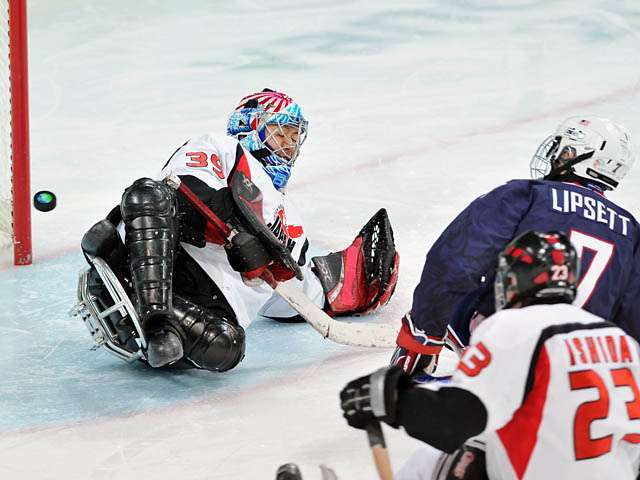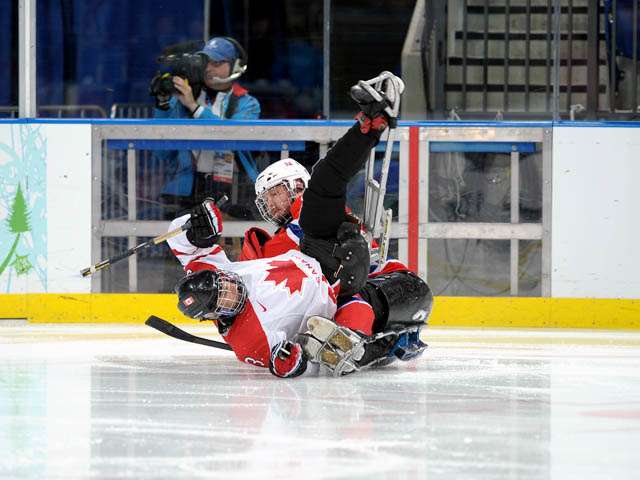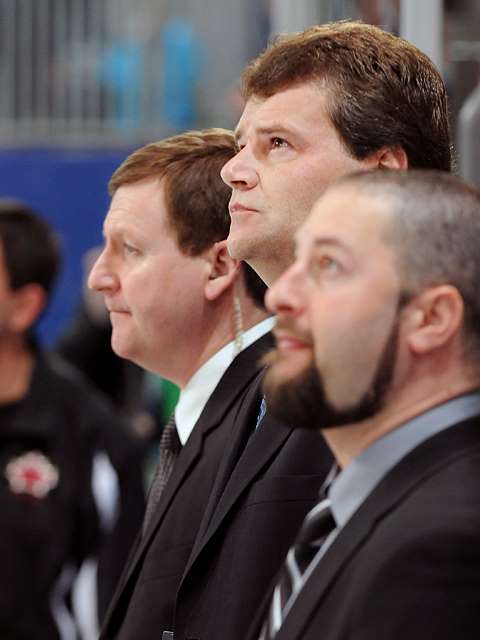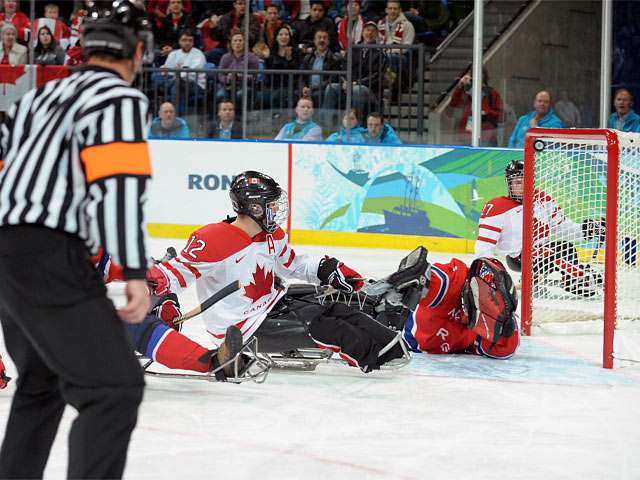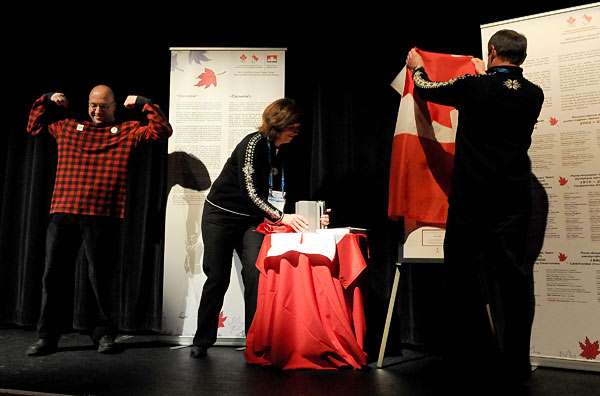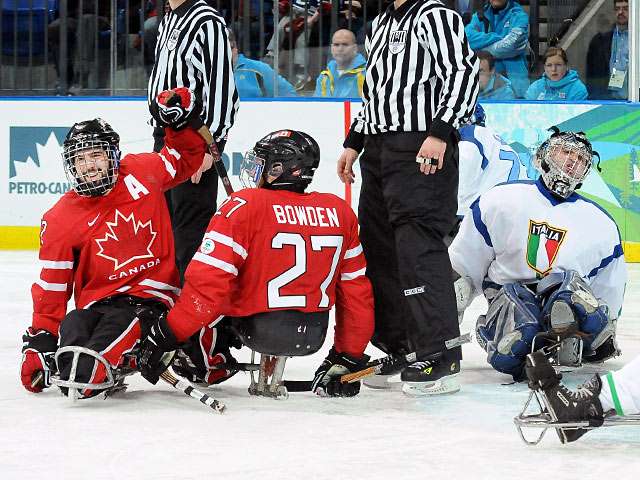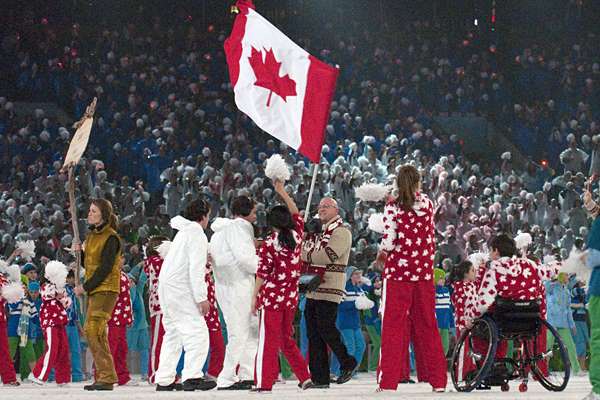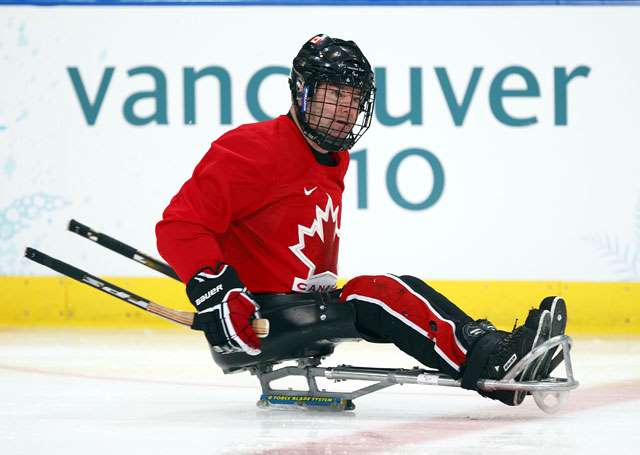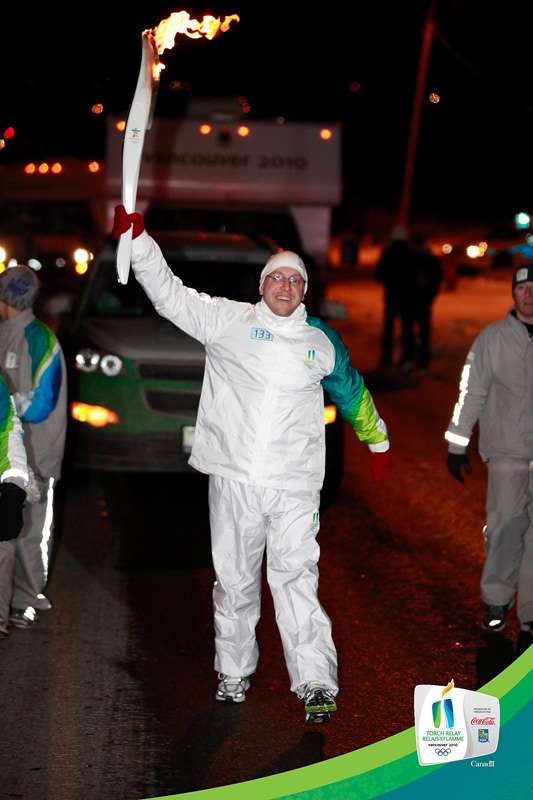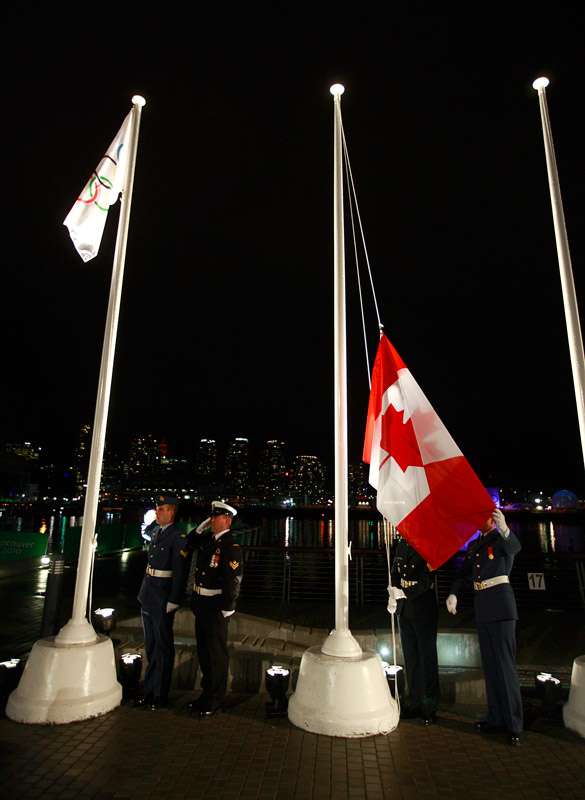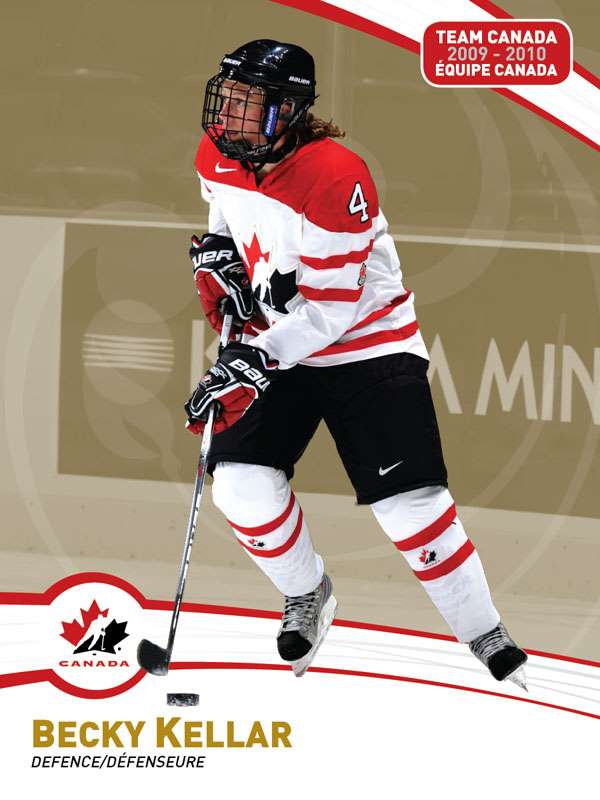Sochi... By Couch – Sunday, February 23
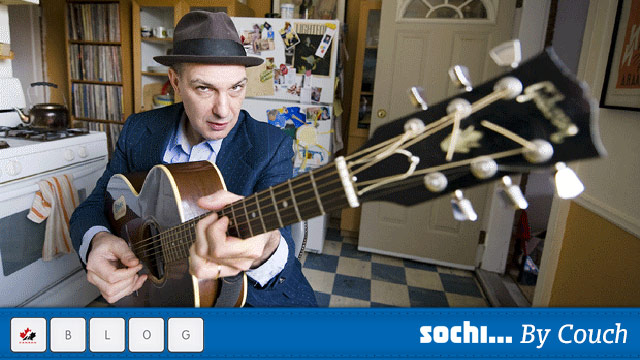
Playing an air-tight, committed and un-glittering system of play designed before their summer ball hockey camp in Calgary – one part ‘80s Russian keep-away; one part ‘90s Red Wings/Scotty Bowman team defence; and one part 2010 vintage four-line, Toews/Crosby/Getzlaf roll-over – Team Canada let us off easy, no matter how slowly the goals came. While it’s always a struggle to maintain one’s sanity through the closeness of competition, it became obvious through the middle of the semifinal against the U.S. that Mike Babcock’s side would almost never be out-worked or out-maneuvered; characteristics that are as failsafe as any in sport.
Composure is almost too plain a word for the collective balance and sense of relative calm that embodied this team, more so when compared to the impetuousness that used to define Canada’s appearances abroad. Team Canada 2014 had an almost varsity comportment about them. Ivy League; intelligent; selfless; and competing for the greater good. In the end, the whole was greater than its parts, even though its parts were very, very good.
On Sunday, the Swedes were damaged goods – three to five star players kept out of the Olympics after injury, and another held back after a reported positive test for a banned substance – but one wonders whether any side of any era could have matched Canada in terms of puck possession and defensive poise. In the waning moments of the third period of the gold medal game, its play was informed with a kind of folly: one departing centre passing it to an arriving winger passing it to a defenceman moving into the rush. In the beginning, there was a lot of talk about Canada having to play an east-west game, and while it owned the boards for most of the tournament, it pedaled whenever it wanted and moved the puck up ice at every turn.
The game plan – designed, in part, by Ralph Krueger after years coaching in Europe – was international by nature, if not by instinct. For years, Canadian hockey kept to its stubborn self while competing overseas, but, at the Sochi Games, it was the other teams whose play seemed intractable. True, Canada adhered to a system. But freewheeling and gifted players like Drew Doughty, Rick Nash and Jay Bouwmeester were not bound by the mould. They were trusted to freelance when the opportunity was presented, knowing that a teammate –forward or defence – would recognize this moment, and do whatever they had to do to make sure their space was filled.
Versus Sweden, Canada’s best players – Toews and Crosby and Price – were just that, but even someone like Martin St. Louis – the last player added to the roster – or Chris Kunitz – viewed suspiciously by the expert masses – were able to write significant roles for themselves. Because of the professional nature of the team, there was never a hint of controversy, or instability, or worry about the group’s chemistry, no small feat when you consider the sense of self-drive and singularity that defines almost all of the players.
In sports, it’s hard enough to gel over the course of a season, let alone two weeks. But, together, the team was as smooth as peanut butter. Each shift was a wave unrippled; relentless in its consistency and evenness of energy and devotion. While it’s true that, in the early, difficult days of the Games, the players might have spared a thought to wonder why there weren’t bigger numbers on the scoreboard, but mostly they played as if there was no scoreboard at all.
It’s hard to know what this exultant gold medal victory will mean to greater culture – or cultural memory – in Canada because, because short of the wins themselves and the mere handful of goals, there were very few flashpoints, certainly compared to the Canadian women’s win over the U.S. Instead, Team Canada proved that success can be possible without the stress and manic tension. It can be taken with a steady hand, and held close until someone stronger and more resolute can take it. But in Sochi, the prize was hardly threatened. To think we were ever concerned tells us more about us than them.
- <
- >


 HOCKEY CANADA
HOCKEY CANADA


